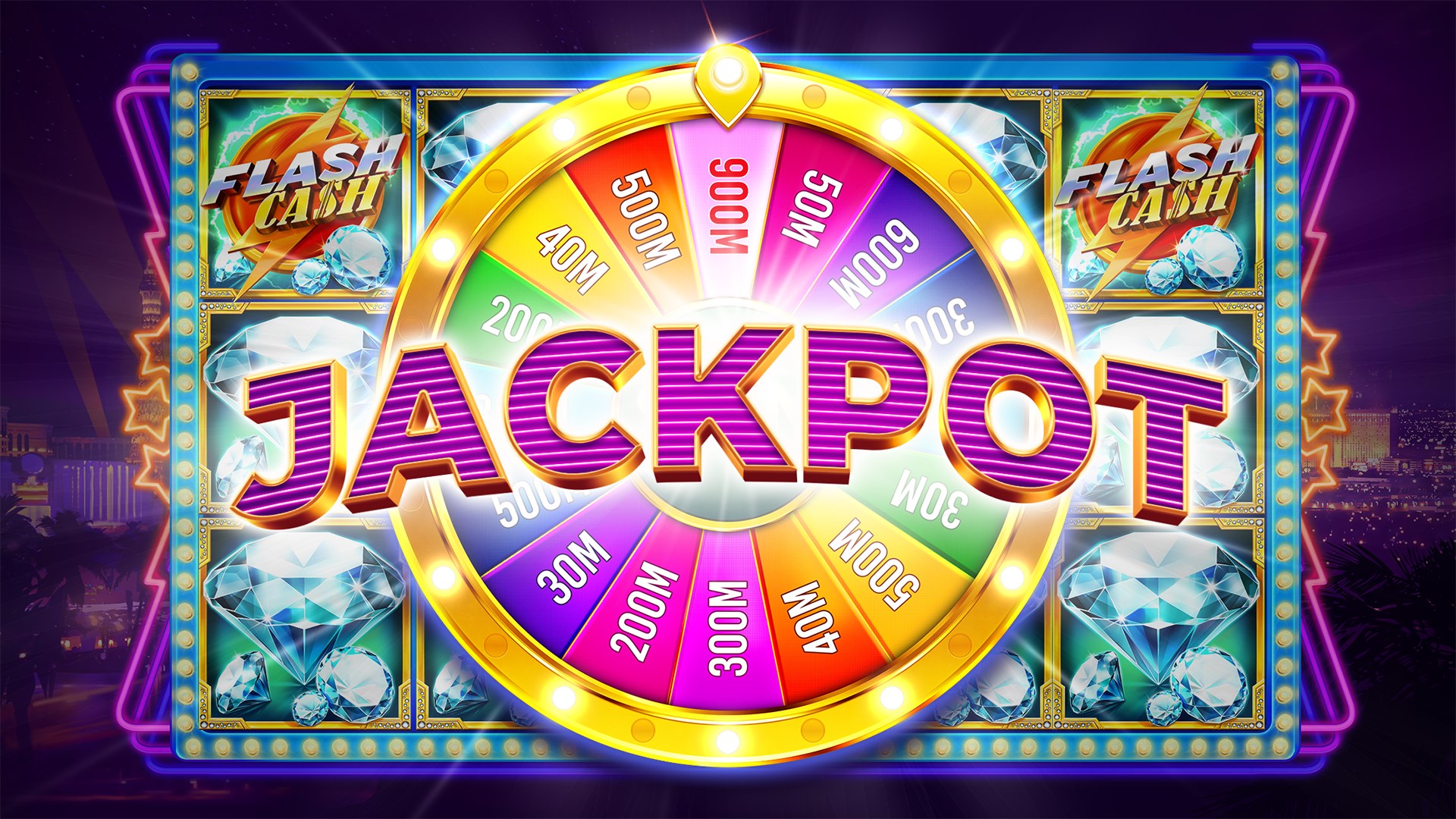In the vibrant world of gaming, casino games have long seized the interest of gamblers around the planet. These options, spanning timeless table options like blackjack to the whirling reels of slots, offer an intriguing combination of randomness and tactics. While luck undeniably plays a significant role in shaping outcomes, the role of knowledge in many casino activities cannot be neglected. Understanding how skill influences gameplay can elevate not only a gambler’s engagement but also their odds of winning.
As we delve deeper the dynamics of gambling games, it becomes apparent that some require a strong foundation of knowledge and tactics. Games like poker require more than just chance; they demand strategic thinking, mental insight, and tactical decision-making. In comparison, other games, such as roulette and slots, are primarily driven by chance, allowing players to rely entirely on fortune. This difference raises fascinating questions about what truly drives success in the domain of casinos and how a participant’s competences can tip the scales in their advantage.
Understanding Skill vs. Chance within Casino Games
In the world of casino games, the debate between skill and luck is a enduring one. Numerous games are often divided into two groups: those that rely predominantly on chance, such as slots and the wheel, and those where skill plays a significant role, like poker and blackjack. The difference is crucial because it affects not only gameplay strategies but also the approach players take when participating with these games. Although luck can play a decisive role in the immediate, skilled players can boost their chances of winning over the extended period in skill-based games.
Skill-based games, especially poker, require players to comprehend probability, human behavior, and game strategies. A seasoned poker player can read opponents, make calculated bets, and understand when to fold, all of which can lead to greater favorable outcomes. Conversely, in games that are purely based on chance, no amount of skill can alter the odds. This implies that while a player may win big in one session, their success may frequently be subject to the whims of chance results rather than any tactical expertise.
Ultimately, both skill and luck coexist in the world of casino games, forming a dynamic environment for players. While games of chance can provide thrill and instant gratification, proficiency and strategy in skill-based games offer a richer level of engagement for those willing to invest time in refining their craft. This interaction between skill and luck defines the experiences of players and shapes their relationship with the games they select to play.
The Impact of Ability on Casino Results
In the world of casino games, skill plays a significant role in determining the results, especially in activities where tactics and choices are paramount. For example, in poker, players must analyze opponents, calculate odds, and make calculated bets to enhance their chances of succeeding. Unlike activities that depend purely on chance, such as slot machines or roulette, poker demands an understanding of both the game mechanics and the psychology of other participants, making expertise a critical component of victory.
Other skill-based activities, like blackjack, also underscore the importance of player skill. Knowledge of basic strategy, card counting, and when to hit or stand can significantly influence the house edge. A skilled 21 player can lower this edge and boost their odds of winning significantly. This contrasts with activities that do not allow for such tactical play, showcasing how the level of skill influences the possibility for favorable outcomes.
Additionally, even within games deemed primarily luck-based, like the game of craps, the decisions made by players can influence their overall performance. Choosing the optimal bets, comprehending the likelihoods of different results, and managing one’s bankroll are essential factors that can enhance a participant’s experience and results. Thus, while luck remains a component in gambling, skill can significantly influence how efficiently participants navigate these environments, leading to more favorable results.
Tactics for Skillful Play in Gaming Establishments
To thrive in gambling games, players must develop a robust grasp of the rules and probabilities involved in various games. This basic knowledge enables individuals to make educated choices, especially in skillful games like poker and 21. Getting familiar oneself with game tactics, such as keeping track of cards in 21 or identifying betting patterns in poker, can significantly enhance a player’s chances of success. Practicing these tactics through mock games or lower-stakes games allows players to improve their skills without putting substantial amounts of cash at risk.
A further key approach is budgeting. Players should set a budget before going into the gaming establishment and follow it strictly. This involves deciding how much they are prepared to lose and imposing restrictions on how much they will bet in every gaming session. By keeping a disciplined approach to spending, players can prolong their play and reduce the risk of significant losses. casino non AAMS Additionally, taking time-outs can help preserve a clear head and prevent rash decisions that often lead to poor play.
In conclusion, managing emotions is crucial in the intense environment of a casino. Players must learn to manage their emotions, particularly during periods of winning or defeats runs. Staying attentive and not allowing emotions influence gameplay can lead to more rational decisions. Methods such as deep breathing or walking away from the table during heated moments can help keep calmness. By cultivating a balanced state of mind, players can approach gambling games with confidence and skill, ultimately enhancing their overall gaming experience and outcomes.

